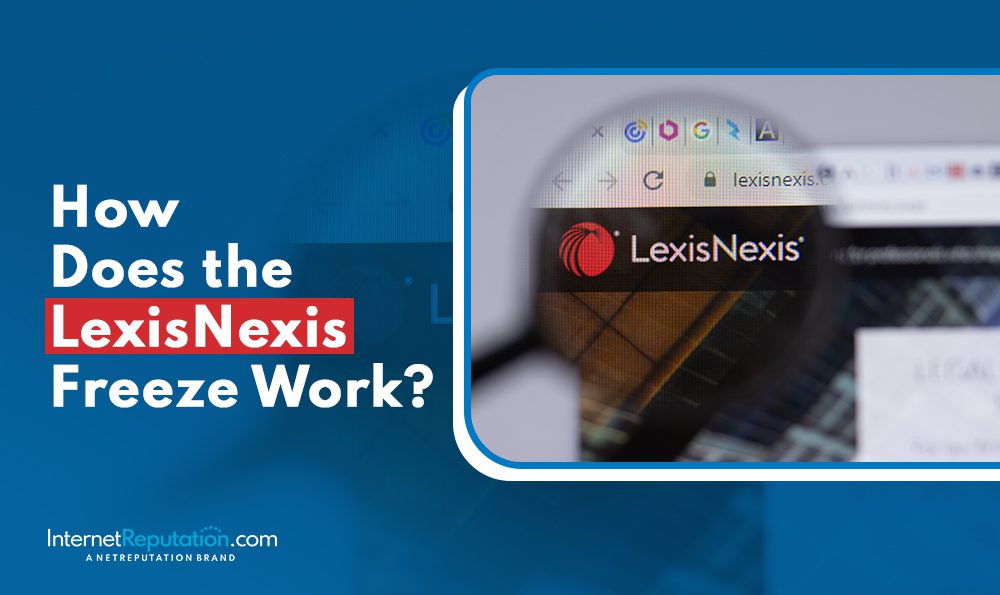3 Key Ways to Keep Employees From Ruining Your Reputation

With social platforms and business review sites more popular than ever, how do you keep employees from ruining your reputation?
Your employees are the heart and soul of your business. They create your product, promote your company, serve your customers, and work like brand ambassadors. When they’re on the job, they exemplify what your company is and what it stands for.
And that stand-in role doesn’t end when your employees clock out for the day.
If your employees are identified with your company via their social media sites, what they do and say online can reflect on your brand. Sometimes, that reflection can harm your business.
How it Happens
Social media sites are built on a fine network of keywords. The more each site knows about you, the more that site can link you to people you know about and share something with. So, most sites ask people to fill in the names of the companies they work with right now. Those keywords can also help your customers determine who works with your company.
Facebook is a great example. When users set up a profile, they’re asked to provide the name of the company they work for now and the names of the companies they’ve worked for in the past. Users who want to find “friends” can search by company name; if they do that, they’ll get a list of people who work for that company.
People with locked-down profiles might provide very little damning information. However, Velocity Digital suggests that about 25 percent of Facebook users don’t look at privacy settings. That means scores of people with wide-open profiles could contain all sorts of things that could harm your business.
A Real-World Example
Not convinced that this could harm your business? This whopper of an example could change your mind.
In April, a Texas veterinarian allegedly posted a graphic and controversial image of a cat on her personal social media account, along with a caption that implied that she both disliked cats and felt that it was acceptable to kill them on sight (media coverage is here). This post was spotted and shared, and people quickly discovered where this veterinarian worked.
The clinic received calls (as many as 500 in one day) from people demanding justice for the cat. The company underwent a website overhaul, discussing the incident on a flash page before users could enter the site. As of this writing, all business social media accounts were disabled.
Administrators of this company dismissed the veterinarian, but even so, there’s a great deal of controversy about this image, and it’s not dying down. The company continues to take calls and give interviews, and it’s reasonable to expect that its revenues have been altered at least slightly.
It’s important to note that this isn’t an incident that took place on company grounds with company money. It’s something that (allegedly) happened during private time and was discussed on a private account. But when the public is outraged, the public will lash out against the company that provides this person with employment and income. And it’s the company that can suffer the most.
This is an extreme example, as this incident may result in criminal charges. Emotions are running very high here. But it’s clear that one person’s private actions can deeply impact a company’s future. So, it pays to keep both a company and an individual safe.
How to Keep Employees from Ruining Your Reputation
In a perfect world, your employees will always reflect the best parts of your company, so even when they’re posting personally, they’re helping your bottom line. In reality, the risk of reputation damage is always there. And that means you’ll need to take steps to keep your company safe. Here are the three steps we recommend to keep employees from ruining your reputation:
Step 1: Create a robust social media policy
If your employee handbook doesn’t mention proper social media use, it’s time to get writing. Your policy should contain a few key provisions:
- Codes of conduct. Suppose your employees are expected to refrain from harassment and discrimination in person. In that case, they’ll also need to refrain from those behaviors while online, especially if they link their names to your company name.
- Disclaimers. If employees link to your company online, they should use a phrase like this on their social media profiles, “All of these views are my own.”
- Logo bans. Images that show your company’s logos or identifying marks can seem official, but they shouldn’t appear in any social posting made by an employee.
- Time limits. It’s easier for people to ruin your company’s reputation while posting at work. Your company’s walls or landscaping could appear in the background of the images these people take, and that could add a stamp of authenticity to some nasty posts. Banning social media work on company-owned computers could keep that from happening, and reminding employees to limit their cell phone use to break time could reduce their time spent on social activities.
Step 2: Give all employees social media training
As tempting as it might be, remember that you can’t ask for employee usernames or passwords. You can’t hack into their sites to read what they’re writing or change what they’re doing. However, you can give them training to help them stay safe on social media.
Consider holding a training seminar with a reputation management expert. Here, you’ll identify the genuine risks of social oversharing and teach your employees how to lock down their social sites. You might also help your employees to resist the temptation to post something controversial online.
Step 3: Perform routine and robust reputation management monitoring
If your employees do wrong on social sites, the quicker you know about the problem, the better. That means you’ll need routine reputation management scans of your company name. Once you have monitoring programs in place, you’ll see a problem just as soon as it appears, and you can pull together a comprehensive program with a reputation management expert to address the issue and keep employees from ruining your reputation.
Protect Your Brand and Keep Employees from Ruining Your Reputation
If you follow this three-step plan, you’ll help your company avoid some of the more egregious reputation management problems that can crop up due to employee neglect and malevolence. And should something crop up, you’ll be able to handle it quickly.
If we’ve missed any techniques you’ve tried in the past, jot us a note. We’d love to hear more about what worked for you.



